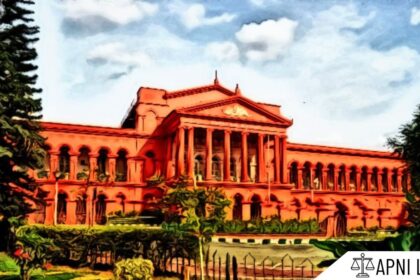Code: Section 272 BNSS
272.
When the proceedings have been instituted upon complaint, and on any day fixed for the hearing of the case, the complainant is absent, and the offence may be lawfully compounded or is not a cognizable offence, the Magistrate may, after giving thirty days’ time to the complainant to be present, in his discretion, notwithstanding anything hereinbefore contained, at any time before the charge has been framed, discharge the accused.
Explanation of Section 272 BNSS
Section 272 of the Bharatiya Nyaya Sanhita (BNSS) provides provisions regarding the discharge of the accused when the complainant fails to appear for a hearing. It applies to cases initiated by a complaint where the complainant’s absence is an issue.
Key Provisions:
-
Complainant’s Absence (Sub-section 1):
If the complainant does not appear on any day fixed for the hearing, and the offence in question is either a cognizable offence or may be lawfully compounded, the Magistrate can, in his discretion, discharge the accused. -
Discretionary Power of the Magistrate:
The Magistrate has the discretion to discharge the accused if the complainant is absent. The discharge can occur before the charge is framed, as long as the complainant is given a 30-day period to be present.
Illustration
Example 1: Discharge Due to Complainant’s Absence
A case is instituted upon a complaint. On the date of hearing, the complainant is absent, and the offence is not a cognizable offence. The Magistrate, after giving the complainant 30 days to appear, decides to discharge the accused before the charge is framed.
Common Questions and Answers on Section 272 BNSS
1. Can the accused be discharged if the complainant is absent?
- Answer: Yes, if the complainant is absent, the Magistrate may discharge the accused, provided that the offence can be compounded or is not a cognizable offence. The discharge can occur before the charge is framed.
2. How long does the complainant have to appear before the case may proceed?
- Answer: The complainant is given 30 days from the date they are notified to appear before the proceedings can continue.
Conclusion
Section 272 BNSS provides a safeguard for the accused in cases where the complainant is absent and the offence is compoundable or non-cognizable. It ensures that the accused may be discharged if the complainant fails to appear, as long as proper notice and time are given to the complainant.











